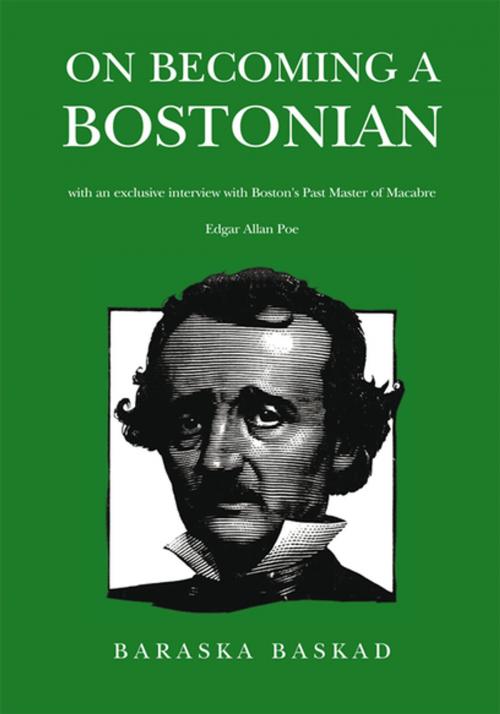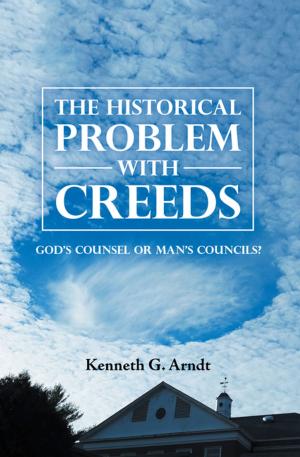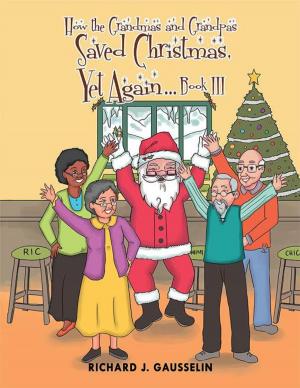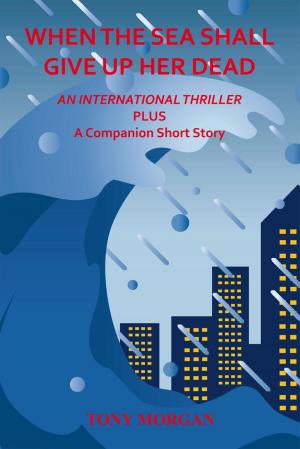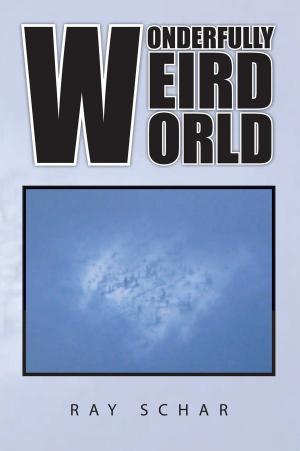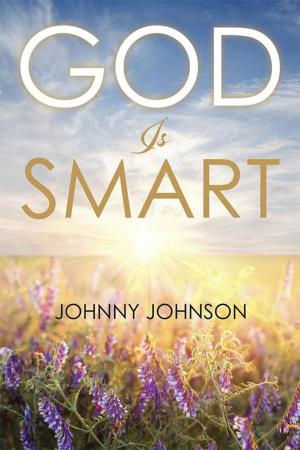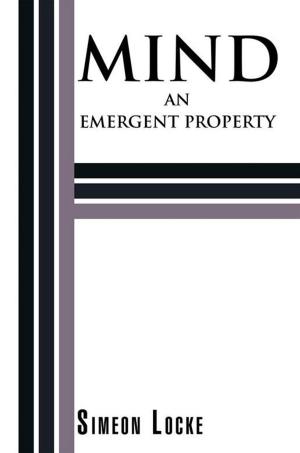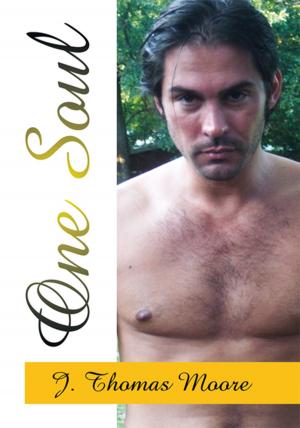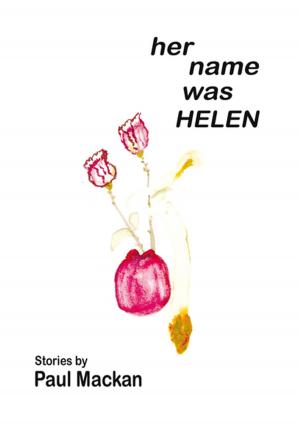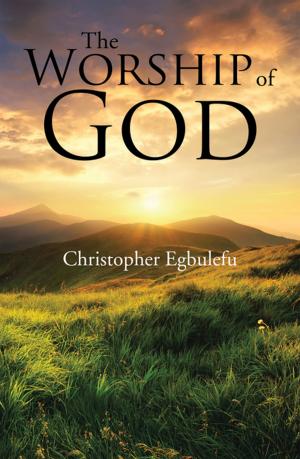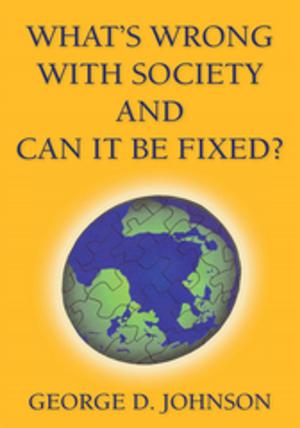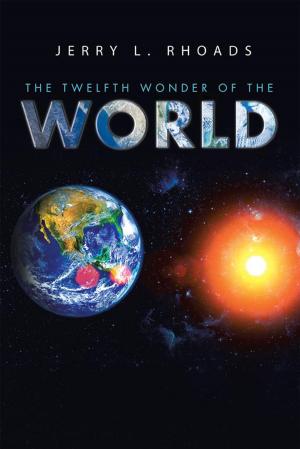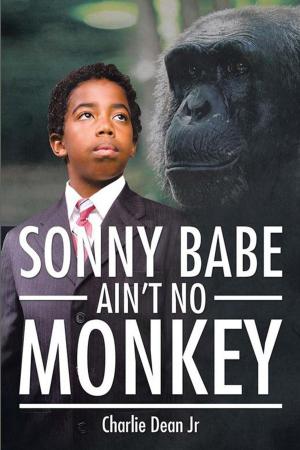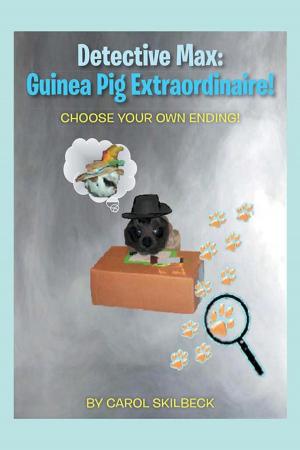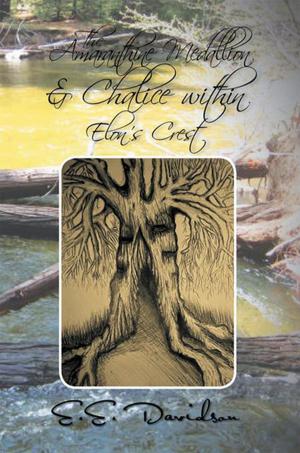On Becoming a Bostonian
With an Exclusive Interview with Boston's Post Master of Macabre Edgar Allan Poe
Nonfiction, History, Americas, United States, State & Local| Author: | Baraska Baskad | ISBN: | 9781465320292 |
| Publisher: | Xlibris US | Publication: | June 9, 2006 |
| Imprint: | Xlibris US | Language: | English |
| Author: | Baraska Baskad |
| ISBN: | 9781465320292 |
| Publisher: | Xlibris US |
| Publication: | June 9, 2006 |
| Imprint: | Xlibris US |
| Language: | English |
This short story book is divided into two parts: the first and longer part of which is about growing up in the baby-boomer generation and coming of age in the City of Boston; whilst the second part is about the city itself-its history, character, personality and nuances. Other than this division-chronological sequence is only incidental so the story reading can be done without having to be overly concerned with paying attention to special sequence as each story while related to the theme has its own stand alone merit while at the same time still being part of a compilation. Each tale is a slice of the pie, or rather a sliver of the pie of the city to get a feel for it and that is what this book is all about- a nostalgic reminiscent short story book of tales set in the City of Boston, as well as in the second part- a guide for the newcomer as to what to expect in a city of which so much has been written it can be difficult to separate fact from fiction. Boston- the untold story: What is the city all about? What was it like coming of age in the Boston baby-boomer generation? What is a Bostonian? What makes a Bostonian tick? Baraska tackles these questions head on as well as a myriad of others as a lifelong resident Bostonian and takes you inside Americas oldest and most historical walking city. With his hands on the pulse of the city at a major metropolitan newspaper, Baraska takes you inside this hub city to fill in the blanks as he unveils the nuances of this- the Capital Bay City of New England, and whilst the many guides on Boston do a fine job, Baraska states, they may not tell you when the red light turns green-GO immediately before the horns start to blow or how to really get the the bargains at Filenes Basement. What NOT to ask a Bostonian: Baraska advises, as well as what a resident does like to commiserate about. How NOT to act in Boston to avoid native disapprobation; What NEVER to do in Boston if you dont want to end up like General George Armstrong Custer; where to sit at Fenway Park and who sells the best hot dogs. From coming of age in a scholarly city to looking at a New Yorkers view of Beantown, Baraska not only raises the questions but gives the answer unabashedly, e.g. When queried about why the Pilgrims came here in the first place and landed at Plymouth Rock in 1620- Baraska counterpunches with his own query, that the Pilgrims first destination was Holland before coming here- couldnt they get along there either he muses? And was it not these same Puritans who came here for a purer Anglican religion (hence the name) and religious freedom who publicly executed Mary Dyer on the Boston Common because she was of the different Quaker religion? As for the Boston Tea Party, Baraska, not incidentally, suggests the 342 crates of British Tea dumped into Boston Harbor on the evening of December 16, 1773 may have been driven more by economic concerns than patriotism since the imported British product was underselling the tea produced in the Colonies. And certainly blaming it on the Indians was less than a noble deed for the defiant colonists. Ben Franklin, in any case, Baraska points out, wasnt impressed and offered to assuage the enraged British Crown by paying them back for the cost of the tea dumped into the harbor. And whilst Baraska praises the brilliant copper and silversmith he was (his copper was used in the making of the State House Dome) he does raise the specter of possibility that Paul Reveres famous ride on that fateful evening of April 18, 1775 may have been driven in part as a desire for a break in the baby-sitting of his 16 children (as well as by Colonial Militia patriotic concerns).
This short story book is divided into two parts: the first and longer part of which is about growing up in the baby-boomer generation and coming of age in the City of Boston; whilst the second part is about the city itself-its history, character, personality and nuances. Other than this division-chronological sequence is only incidental so the story reading can be done without having to be overly concerned with paying attention to special sequence as each story while related to the theme has its own stand alone merit while at the same time still being part of a compilation. Each tale is a slice of the pie, or rather a sliver of the pie of the city to get a feel for it and that is what this book is all about- a nostalgic reminiscent short story book of tales set in the City of Boston, as well as in the second part- a guide for the newcomer as to what to expect in a city of which so much has been written it can be difficult to separate fact from fiction. Boston- the untold story: What is the city all about? What was it like coming of age in the Boston baby-boomer generation? What is a Bostonian? What makes a Bostonian tick? Baraska tackles these questions head on as well as a myriad of others as a lifelong resident Bostonian and takes you inside Americas oldest and most historical walking city. With his hands on the pulse of the city at a major metropolitan newspaper, Baraska takes you inside this hub city to fill in the blanks as he unveils the nuances of this- the Capital Bay City of New England, and whilst the many guides on Boston do a fine job, Baraska states, they may not tell you when the red light turns green-GO immediately before the horns start to blow or how to really get the the bargains at Filenes Basement. What NOT to ask a Bostonian: Baraska advises, as well as what a resident does like to commiserate about. How NOT to act in Boston to avoid native disapprobation; What NEVER to do in Boston if you dont want to end up like General George Armstrong Custer; where to sit at Fenway Park and who sells the best hot dogs. From coming of age in a scholarly city to looking at a New Yorkers view of Beantown, Baraska not only raises the questions but gives the answer unabashedly, e.g. When queried about why the Pilgrims came here in the first place and landed at Plymouth Rock in 1620- Baraska counterpunches with his own query, that the Pilgrims first destination was Holland before coming here- couldnt they get along there either he muses? And was it not these same Puritans who came here for a purer Anglican religion (hence the name) and religious freedom who publicly executed Mary Dyer on the Boston Common because she was of the different Quaker religion? As for the Boston Tea Party, Baraska, not incidentally, suggests the 342 crates of British Tea dumped into Boston Harbor on the evening of December 16, 1773 may have been driven more by economic concerns than patriotism since the imported British product was underselling the tea produced in the Colonies. And certainly blaming it on the Indians was less than a noble deed for the defiant colonists. Ben Franklin, in any case, Baraska points out, wasnt impressed and offered to assuage the enraged British Crown by paying them back for the cost of the tea dumped into the harbor. And whilst Baraska praises the brilliant copper and silversmith he was (his copper was used in the making of the State House Dome) he does raise the specter of possibility that Paul Reveres famous ride on that fateful evening of April 18, 1775 may have been driven in part as a desire for a break in the baby-sitting of his 16 children (as well as by Colonial Militia patriotic concerns).
